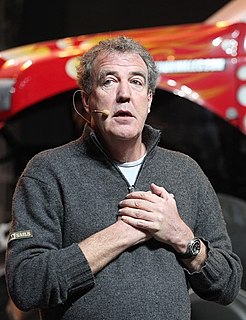A Quote by Kurt Vonnegut
It's the writer's job to stage confrontations, so the characters will say surprising and revealing things, and educate and entertain us all.
Related Quotes
I try to do what I call the three E's - educate, entertain, and enlighten. If you don't entertain, no one will show up. But you also have to educate, because people want to discover specific things about a world unlike their own - whether it's how hard it is to go to the moon or how scary it is to be on Omaha Beach.
Writers don't often say anything that readers don't already know, unless its a news story. A writer's greatest pleasure is revealing to people things they knew but did not know they knew. Or did not realize everyone else knew, too. This produces a warm sense of fellow feeling and is the best a writer can do.
I believe that to create real-seeming characters, the writer must be willing to go on a voyage of self-exploration. It can be revealing and even painful to explore your own weakness, but it gives you genuine emotion. Characters in fiction come alive because of the believability of their emotional lives and that is what I strive to create.
There's this quote by a writer, Emil Cioran, he's a Romanian writer. He says that you should only put things in books that you would never dare to say to people in real life. So there is that feeling of acute embarrassment, or that you've been too revealing. I think it's some kind of survival mechanism where I never think of the reader, ever. Because then I would start censoring myself.
The writer must always leave room for the characters to grow and change. If you move your characters from plot point to plot point, like painting by the numbers, they often remain stick figures. They will never take on a life of their own. The most exciting thing is when you find a character doing something surprising or unplanned. Like a character saying to me: ‘Hey, Richard, you may think I work for you, but I don’t. I’m my own person.’






































